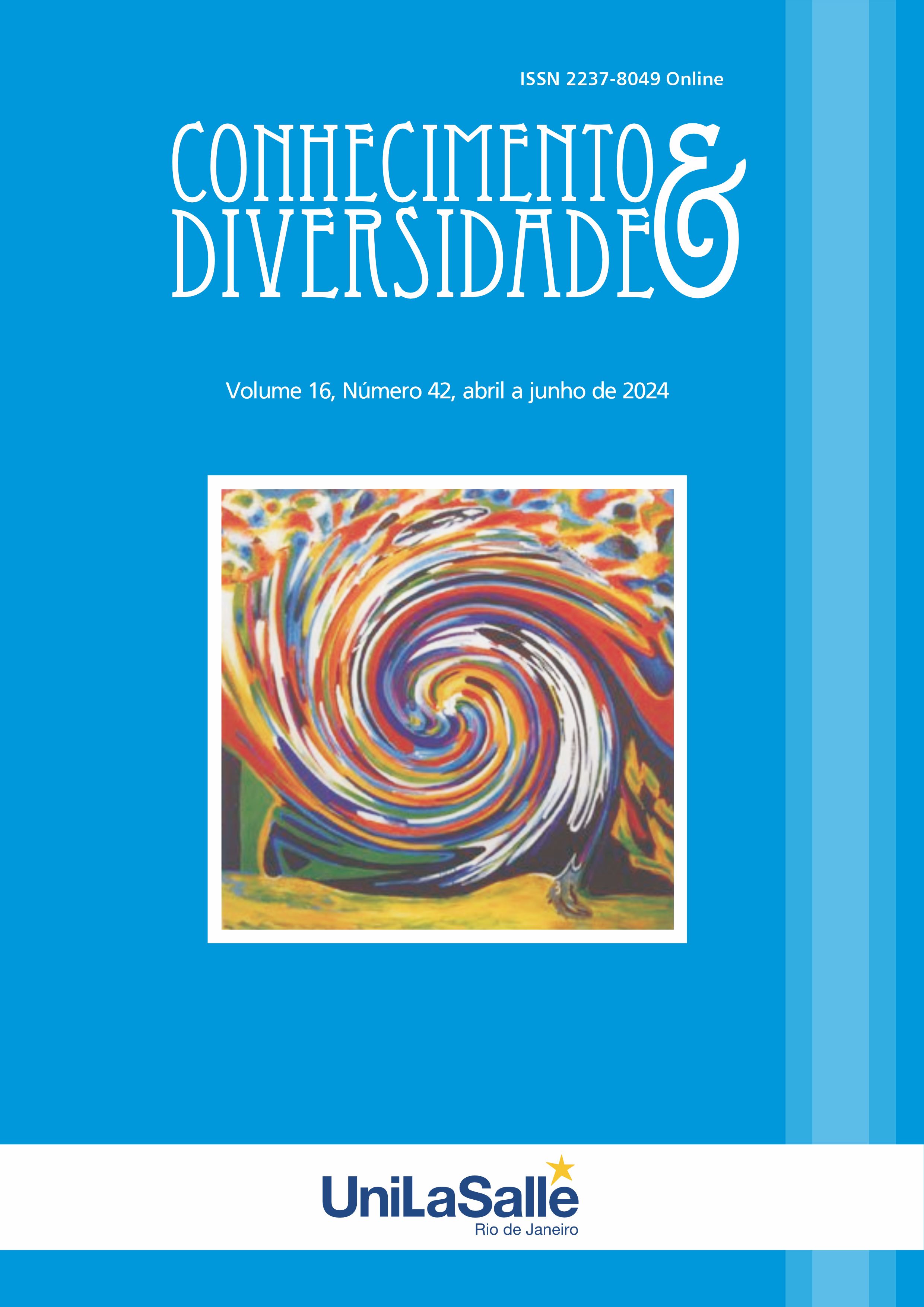METHODOLOGICAL APPROACHES TO STIMULATING INNOVATIVE ACTIVITY
DOI:
https://doi.org/10.18316/rcd.v16i42.11718Keywords:
management, innovation management, innovative project, innovation activitiesAbstract
The article clarifies the principles of innovation management, taking into account participatory management as a new approach to project management. Based on an assessment of the current state and trends in the country's socio-economic development in the conditions of an innovative economy, a conceptual model for the formation and assessment of socio-economic development priorities has been developed. The conceptual provisions of the new paradigm of socio-economic development are revealed and justified. A set of theoretical provisions and practical tools for assessing the impact of innovative projects has been developed. The criticality of stakeholders in the management of innovation activities has been determined and assessed. A methodology and methods have been developed for integrating the management of innovation activities into the management system. A method is proposed for taking into account the influence of mutual risks and assessing changes in the cost part of the project taking into account risks based on determining the factors of interaction of innovative projects.
References
Chesbrough, H. (2003). Open Innovation: The New Imperative for Creating and Profiting from Technology. Harvard Business School Press.
Amatori, B., & Colli, A. (2011). Business History: Complexities and Comparisons. Routledge.
Gruber, M., & MacMillan, I. C. (2013). Managing Resources and Investments in an Uncertain World: Applying Real Options. Springer.
Vernon, R. (1979). The Product Cycle Hypothesis in a New International Environment. Oxford Bulletin of Economics and Statistics, 41(4), 255-267.
Orsini, L., & Viganò, L. (2012). Innovation and Economic Development: The Case of Italy. Palgrave Macmillan.
Montagna, S. (2011). Innovation Management and New Product Development. McGraw-Hill Education.
Sandstrom, C. (2014). Open Innovation Contest: A Challenge for Collaborative Innovation. International Journal of Innovation Management, 18(2), 145-169.
Andrade, R. (2017). Industrial Innovation in Portugal: Processes and Challenges. Journal of Innovation Management, 5(3), 12-29.
Dosi, G. (1988). The Nature of the Innovative Process. In G. Dosi, C. Freeman, R. Nelson, G. Silverberg, & L. Soete (Eds.), Technical Change and Economic Theory (pp. 221-238). Pinter Publishers.
Petrova, L. (2015). Economic Aspects of Innovation Activities. Bulgarian Journal of Science and Economics, 20(3), 45-58.
Jacques, A. M. (2010). Innovation Policy in Europe: Successes and Challenges. European Journal of Innovation Management, 13(2), 125-140.
Sidorenko, M. (2018). Strategic Management of Innovation in Emerging Economies. Ukrainian Journal of Economic Studies, 25(1), 78-93.
Holthausen, P. (2019). Corporate Innovation Strategies in the Netherlands. Dutch Journal of Business Research, 16(4), 301-320.
Skog, I. (2016). Technological Development and Innovation Management in Norway. Scandinavian Journal of Management, 32(3), 215-230.
Kovalyov, V. (2017). Government Policy and Innovation Activities in Belarus. Belarusian Economic Journal, 10(1), 65-79.
López, M. (2013). Stimulating Innovation in SMEs: Strategies and Policies. Spanish Journal of Innovation and Business Research, 7(2), 92-108.
Kowalski, J. (2014). Entrepreneurial Innovations and Policy Support in Poland. Polish Journal of Economic Innovation, 5(3), 147-163.
Downloads
Published
Issue
Section
License
Copyright (c) 2024 Natalia Susla, Anzhelika Lesyk , Olha Popova , Nataliia Mykhalchenko , Svitlana Koroliuk , Andriy Tsyna

This work is licensed under a Creative Commons Attribution 4.0 International License.
As recommended by the Public Knowledge Project, RCD adopts for its articles a CREATIVE COMMONS Attribution CC BY 4.0 license.
This license allows others to distribute, remix, adapt and build upon your work, even commercially, as long as they credit you for the original creation.
This is the most appropriate license offered.
Recommended for maximum dissemination and use of licensed materials.



